
From Samuel Adadi Akapule, Bolgatanga
The Millar Institute for Transdisciplinary and Development Studies’ (MITDS) 7th Congregation has been held with a call on African leaders to shift away from foreign-dependent development models and embrace indigenous systems tailored to local contexts.
Africa’s persistent underdevelopment is largely a result of its overreliance on foreign approaches, often modelled after Western systems that do not align with the continent’s unique socio-cultural realities.
The graduation ceremony, held at the MITDS campus in Bolgatanga, Upper East Region, honoured the academic success of eleven doctoral candidates. The institute is affiliated with the University for Development Studies (UDS) and the event drew academics, local dignitaries and community members.
Speaking to media in an interview, Dr. Samuel Qwamena Agyei – a newly conferred PhD holder in Culture and Development – emphasised that: “No amount of World Bank or international Monetary Fund (IMF) intervention will bring true development to Africa if we keep ignoring our own indigenous knowledge and resources”.
Dr. Agyei said countries like Burkina Faso and China are examples of nations that have seen rapid growth by leveraging local strategies and reducing dependency on foreign aid.
He noted that Burkina Faso, under current leadership, has increasingly focused on local solutions to address national challenges – demonstrating the power of self-reliance.
Dr. Agyei lamented that in Ghana’s own history the ‘Operation Feed Yourself’ programme under Acheampong’s regime in the 1970s – although ambitious and rooted in local empowerment – was short-lived due to a lack of consistent political will.
“We have had factories like the meat and tomato processing plants here in Upper East Region located strategically close to raw materials. But they’ve collapsed because of inconsistent policies and a lack of commitment to building local industries,” he remarked.
Dr. Agyei further called on Ghanaians and Africans at large to patronise locally made goods – including traditional smocks, shoes and food products – to strengthen local economies and cultural identity. He referenced Ghanaian innovator Apostle Dr. Kwadwo Safo Kantanka as an example of how indigenous innovation in manufacturing and technology can thrive if given the necessary support.
He appealed for policymakers to unlearn the idea that progress only comes from outside, saying: “Our solutions are here, within us. It is time African leaders believed in the continent’s potential and lead the charge for indigenous development”.
The ceremony was a moment of pride for MITDS, which continues to make its mark in transdisciplinary research and education aimed at addressing Africa’s complex developmental challenges.
The Millar Institute for Transdisciplinary and Development Studies, located in Bolgatanga, Upper East Region, is an academic institution dedicated to promoting holistic, culture-sensitive development and affiliated to the University for Development Studies with its focus on indigenous knowledge systems and sustainable local development.
The post African leaders to adopt indigenous development models appeared first on The Business & Financial Times.
Read Full Story
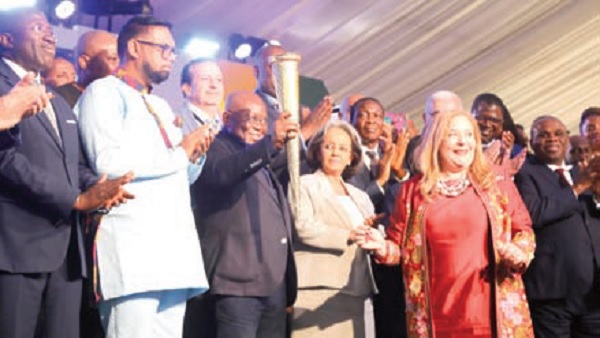
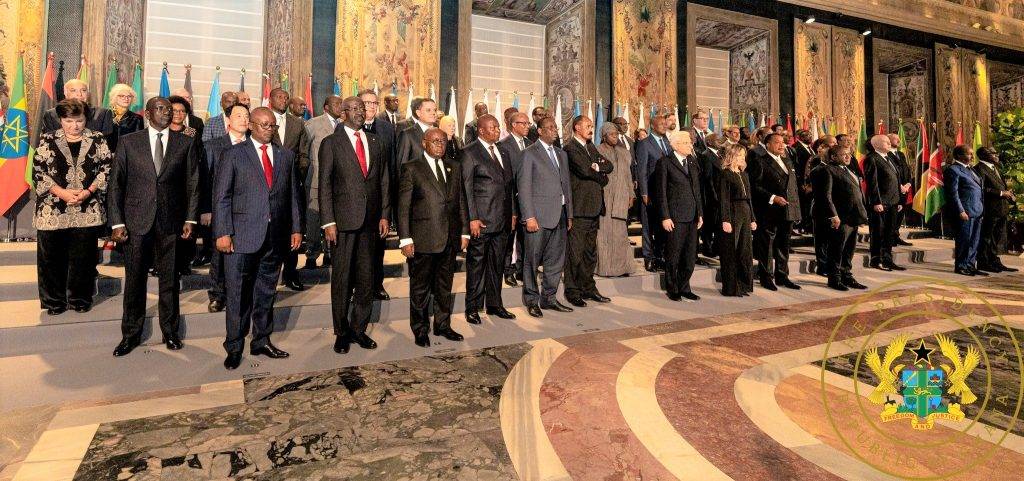
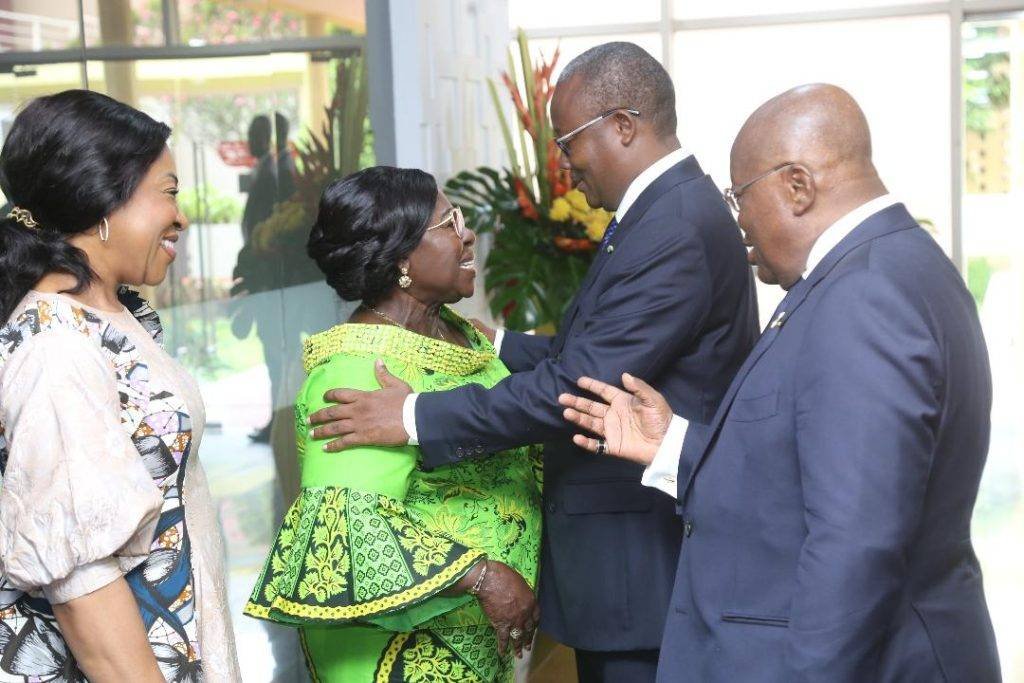
















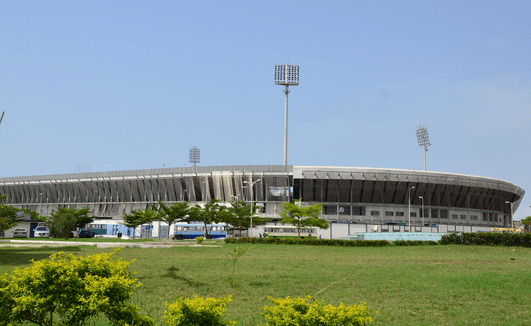
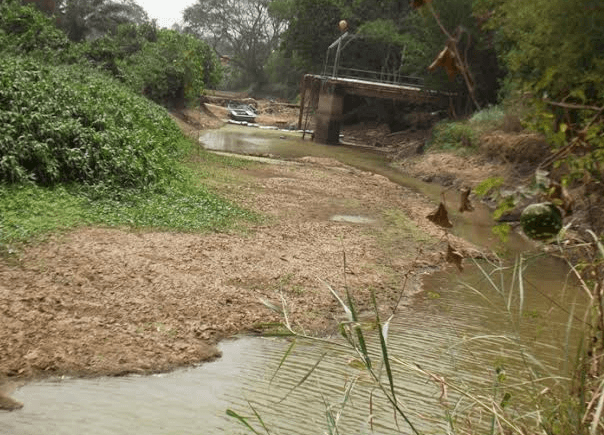



Facebook
Twitter
Pinterest
Instagram
Google+
YouTube
LinkedIn
RSS